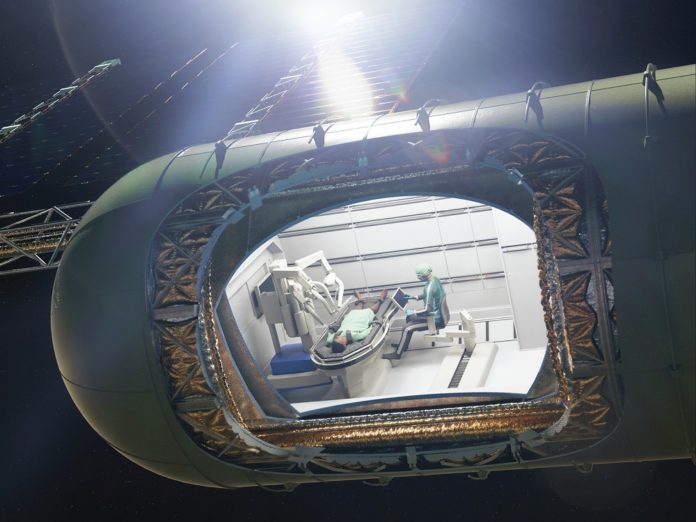There has been renewed public interest in human space exploration owing to novel initiatives by private and governmental bodies. Long‐term goals include manned missions to, and potential colonization of, nearby planets.
With restored open enthusiasm for keeping an eye on space exploration comes the potential need to analyze and treat medical issues experienced by future space explorers. A new study published in the British Journal of Surgery, review explores the current understanding of human physiology, pathology, trauma, and surgery in space.
Known physiological alterations amid space travel incorporate fluid redistribution, cardiovascular changes, and bone and muscle decay. Moreover common illnesses and conditions, space explorers may likewise create novel pathologies that could emerge from prolonged weightlessness, presentation to cosmic radiation, and trauma.
According to scientists, the extreme environment of space produces several unique changes in human physiology that future practitioners of space surgery must take into consideration.
Lead author Dr. Sandip Panesar, of the University of Pittsburgh, said, “Manned space exploration has re-entered the public consciousness thanks to endeavors by SpaceX and Virgin Galactic, amongst others. I became interested in the practical aspects of performing surgery in space. My literature search revealed that potential pathology and trauma situations would differ from those on earth due to specific physiological adaptations to the extraterrestrial environment.”
